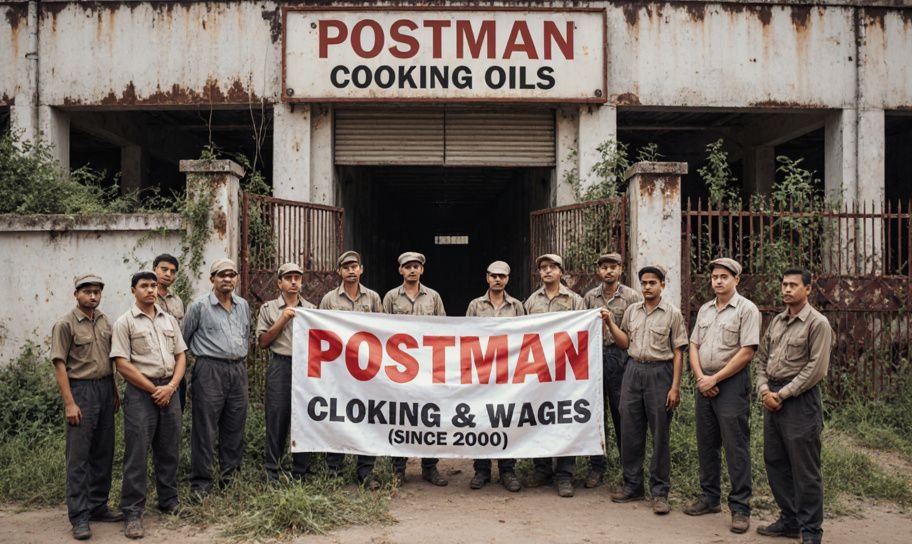
Summary: A long legal battle involving the Mumbai Labour Union and the person appointed by the Bombay High Court to manage the firm's assets has concluded with a decision on compensation and closure procedures for a dissolved partnership firm.
The dispute began when a partnership firm, M/s. Ahmed Oomarbhoy, which was engaged in making and selling cooking oils under the brand 'Postman,' faced internal conflicts. This led one of the partners, Mr. Ahmed, to file a lawsuit to end the partnership in 2000. The firm's business operations stopped because of these disputes.
In December 2000, the Bombay High Court appointed someone to manage the firm's assets. The Court ordered the sale of these assets, but the factory workers were left uncertain about their future. They were paid wages up to December 2001, but payments stopped afterward.
The Mumbai Labour Union, representing about 230 permanent workers, filed a complaint with the Industrial Court in 2004. They claimed unfair treatment and demanded wages from January 2002, along with interest.
"The Industrial Court has correctly directed payment of wages and reopening of the factory by the person managing the assets," argued Mr. Bukhari, the Union's lawyer.
In 2007, the Industrial Court ruled in favor of the workers, directing the payment of wages with interest and the reopening of the factory. However, this decision was challenged by the person managing the assets, leading to the current petition.
Judge Sandeep V. Marne delivered the final judgment on September 30, 2025. The Court overturned the Industrial Court's order, emphasizing that the partnership was dissolved, and the business closure was legitimate.
"A formal closure order under Section 25-O would not be necessary for closing the business," the judgment stated.
While the Court ruled against reopening the factory, it recognized the workers' difficult situation. The Court ordered the payment of closure compensation and gratuity to the workers, along with 6% interest from January 2002.
The person managing the assets is tasked with settling the workers' claims using the firm's assets. If funds are insufficient, additional assets may be sold to meet these obligations.
This judgment provides some relief to the affected workers while clarifying the legal processes involved in ending partnerships and closing businesses.